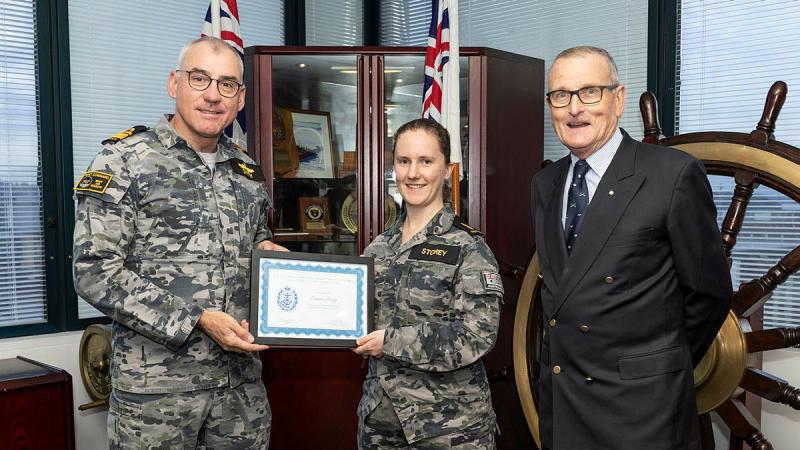It is a case of slim pickings for East Gippsland in the Federal Budget 2024/25, handed down on Tuesday night.
Mayor Cr Tom Crook said, like many rural and regional local government areas, there are missed opportunities to provide targeted investment in regional roads, productivity and transport projects, health and telecommunications.
Cr Crook said the Albanese Government budget initiatives to provide some cost-of-living pressure reliefs would be welcomed by many.
“There will be individuals, families and businesses who will see some short-term benefits of this budget in the form of electricity rebates, taxation changes, health and medication, and parental leave superannuation,” Cr Crook said.
“Disappointingly, the budget lacks targeted, bigger picture investment to support our growing community.”
The Government recently announced an inquiry into local government sustainability, which will focus on financial sustainability and funding, and the changing infrastructure and service delivery obligations of local government.
“By its own admission, the House of Representatives Standing Committee on Regional Development, Infrastructure and Transport does not have a deep understanding of local government’s financial sustainability and service delivery obligations. This is also reflected in the 2024/25 Budget. Investment in East Gippsland and the inquiry should not be mutually exclusive,” Cr Crook said.
Council’s advocacy, in partnership with stakeholders including elected representatives and advocacy groups such as One Gippsland and the South East Australian Transport Strategy (SEATS) will become increasingly important.
“Actively pursuing grant opportunities that can support the range of projects and initiatives our communities have identified will continue to be a priority,” Cr Crook said.
“We will also continue to take a very active approach to highlight why East Gippsland, and the broader Gippsland region, needs its fair share of investment across all sectors, but particularly telecommunications, roads and transport, new energy, health, and education.
“Gippsland requires continued critical investment to prioritise existing and emerging industries, support population growth and deliver a safe and efficient transport and freight network.
“Whilst we recognise the budget’s commitment to climate change and progressing renewable energy, there appears to be little for our natural environment. Our region is home to many nationally significant natural values, which if cared for and well managed would provide significant investment in our region and much needed boost to local jobs.
“It’s a great shame the Government doesn’t seem to overtly understand or invest in this opportunity and the importance of a robust and healthy natural environment.”
Cr Crook said it was pleasing to learn of the investments into regional and remote airports, and national aerial emergency response capabilities.
“The $35 million commitment over two years for aircraft used for emergency assistance, and a renewed $40m Regional Airports Program over three years, highlight an understanding of the importance of regional airports and emergency response.
“Council operates three airports, and we live in one of the most fire-prone areas of the country. These commitments give us confidence the Government will honour its funding commitments to airstrip improvement initiatives and increasing investment in our airports.”
New support measures were also announced for women and children in domestic violence situations.
“As a region with a disgustingly high domestic violence rate, we look forward to these new supports being available to people in our region as a priority, and that the social services agencies are equipped to meet the demand,” Cr Crook said.
In the aftermath of the budget, Council was also advised that two of its funding applications for competitive funding through the Growing Regions Fund had also been unsuccessful. The outcome of these funding rounds had been delayed by several months and only 40 projects across Australia were successful.








